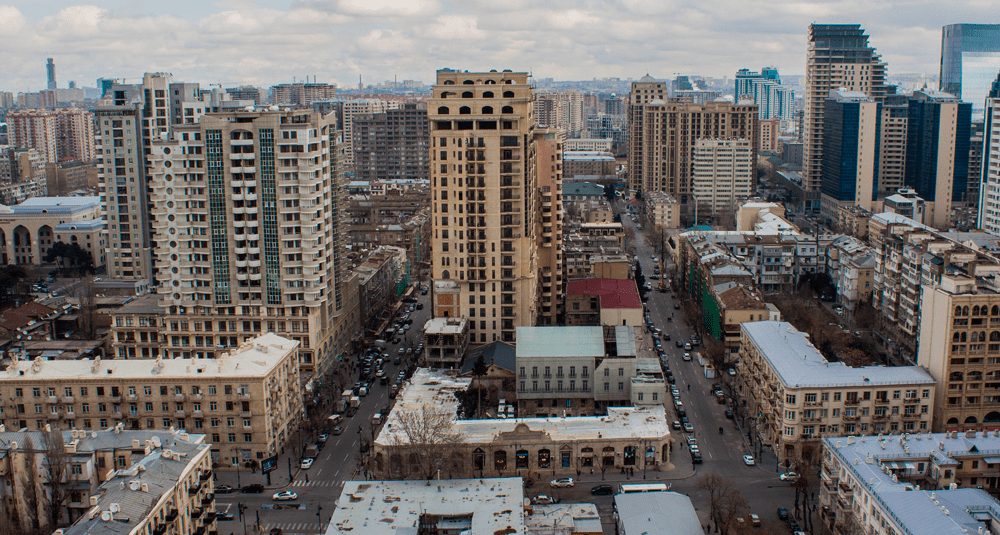What is the capital of Azerbaijan?
Last Updated:
Baku, the capital of Azerbaijan, is located on the west coast of the Caspian Sea. It is the country’s largest city and a major cultural, economic and political center for the Caucasus region. With a population of over two million, Baku plays a crucial role in the country’s development, thanks in particular to its abundant oil resources and its strategic position between Europe and Asia.
Historically, Baku has always been an important crossroads of civilization and trade. Mentioned in ancient texts as early as the 1st century A.D., it has seen the passage of many civilizations, from the Persian Empire to the Ottoman Empire, via the Russian Empire. The diversity of cultural influences is reflected in the city’s architecture, where modern buildings stand side by side with historic structures.
One of Baku’s most emblematic districts is the Old Town, known as Icherisheher. This UNESCO World Heritage site is surrounded by ramparts and home to important historical monuments such as the Shirvanshah’s Palace and the Maiden Tower, the city’s symbol. This blend of history and modernity makes Baku a unique city at the crossroads of Eastern and Western influences.
From the 19th century onwards, Baku began to develop rapidly thanks to the boom in the oil industry. Oil played a central role in the city’s economy, making Baku one of the world’s leading oil production centers. Even today, this resource remains essential to the country’s economy, but Baku is also seeking to diversify its activities, particularly in the fields of technology and tourism.
The contrast between ancient and modern is particularly evident in Baku’s emblematic buildings, such as the famous Flame Towers, three skyscrapers in the shape of flames that light up the city at night, and the Heydar Aliyev Center, a futuristic structure designed by architect Zaha Hadid. This center symbolizes Baku’s desire to project itself into the future while respecting its cultural roots.
Baku also hosts major international events, such as the Azerbaijan Formula 1 Grand Prix and the Eurovision Song Contest in 2012, which have helped to strengthen its image on the international stage. The government has invested in numerous infrastructure projects to modernize the city, attract tourists and make Baku a must-see destination in the region.
Culturally, Baku is a place where the arts, music and literature are celebrated. The city boasts numerous theaters, museums and art galleries. Traditional Azerbaijani Mugham music, a genre of oriental classical music, is included in UNESCO’s list of Intangible Heritage of Humanity, and Baku is the heart of this tradition.
Finally, Baku’s unique geography contributes to its charm. The city lies below sea level, some 28 meters below sea level, making it the world’s largest city at such a low altitude. Its position on the Caspian Sea offers magnificent coastal scenery, and the dry, windy climate, typical of semi-arid zones, gives Baku the nickname of “city of the winds”.
Baku is a dynamic capital of contrasts, where modernity and tradition meet. Its cultural, historical and economic riches make it a unique city at the heart of Azerbaijan.
You may also be interested in
geography

What is the capital of Azerbaijan?
Answer
Azerbaijan's capital is Baku, a city on the Caspian Sea renowned for its unique blend of modern and historic architecture.